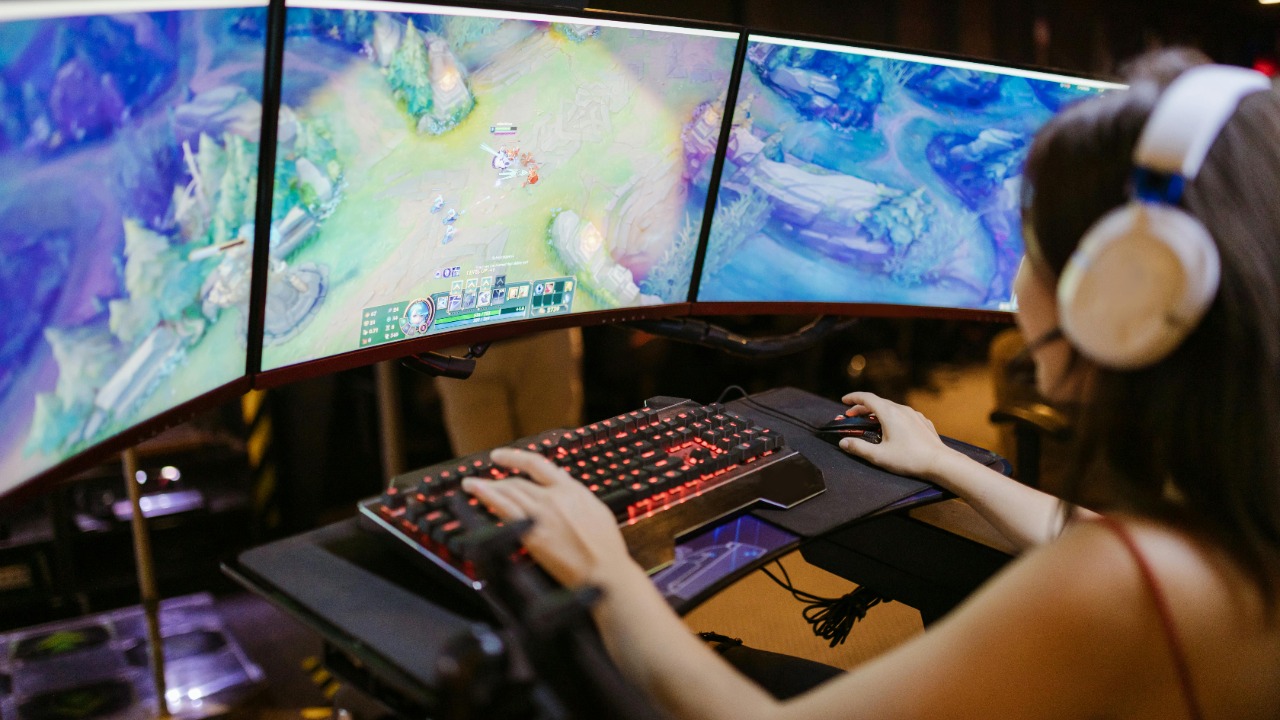
As technology advances, the dawn of 8K gaming monitors promises a new era of visual clarity and immersive experiences for gamers. However, a critical question arises: Are our current computers capable of handling this leap to 8K gaming? Exploring the current state of 8K gaming monitors and the readiness of existing hardware offers insight into this next-generation display technology.
The Rise of 8K Gaming Monitors
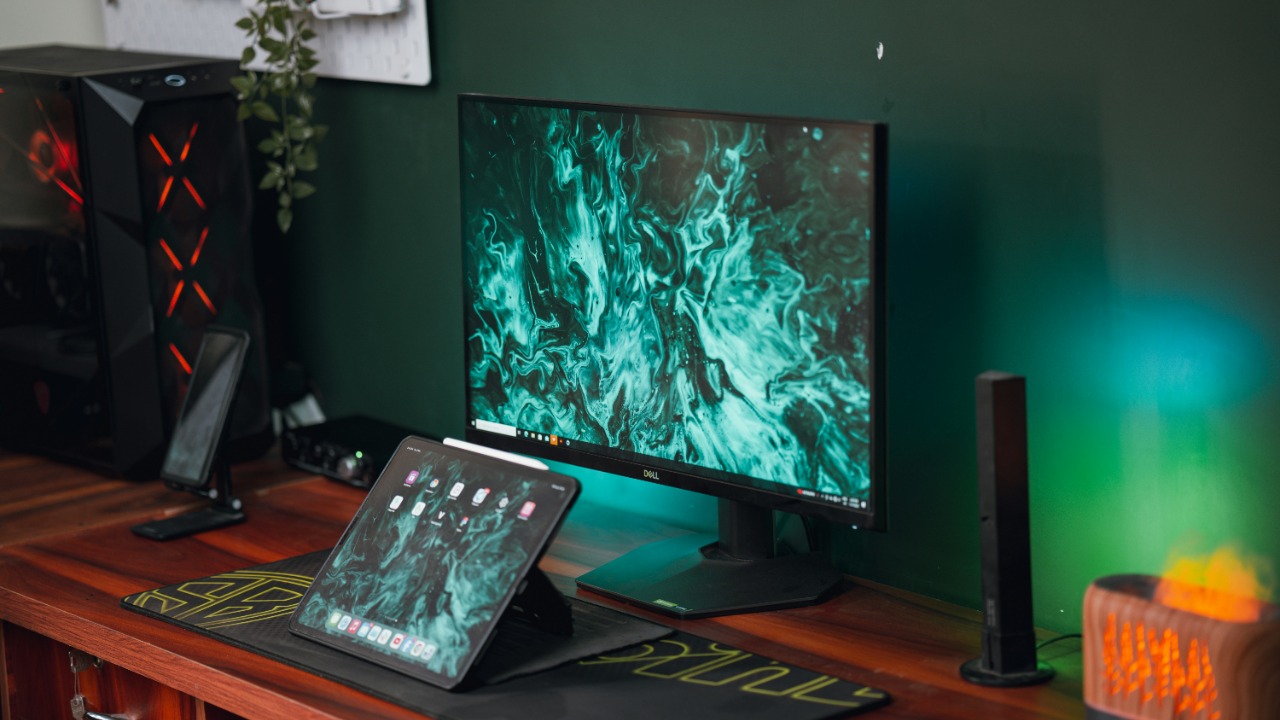
Technological advancements have paved the way for the emergence of 8K gaming monitors, such as the BOE 8K dual-mode monitor. This leap in resolution promises to enhance gaming visuals significantly, offering more detailed and lifelike imagery. An 8K resolution, boasting over 33 million pixels, provides a level of detail that surpasses existing gaming standards, bringing unparalleled realism to the gaming arena.
While the technology is promising, market availability and adoption are crucial factors. Currently, the availability of 8K monitors is limited, with more models projected for release in the coming years. Consumer interest is growing, with early adopters keen to experience the enhanced visual capabilities. However, widespread adoption hinges on the readiness of supporting technologies and a reduction in costs.
Current Hardware Limitations
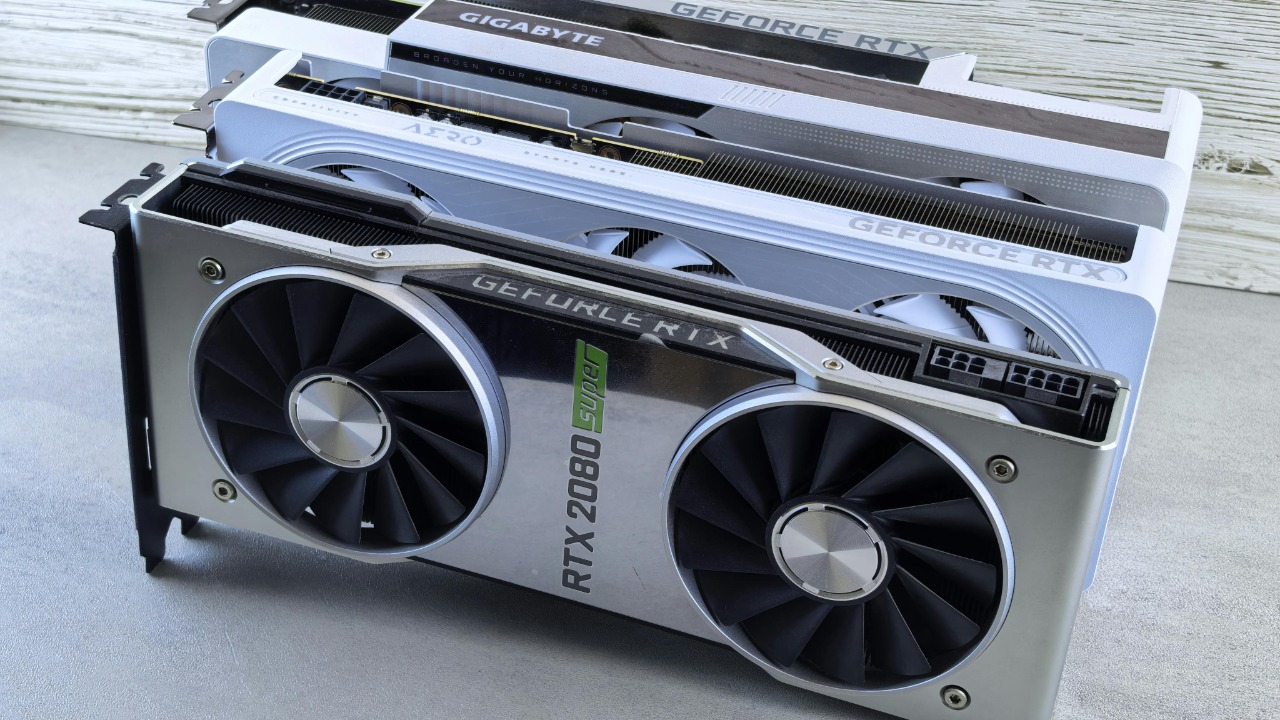
One of the significant challenges in embracing 8K gaming is the capability of existing graphics cards. Most current-generation GPUs struggle to support 8K gaming at high frame rates. The need for more powerful GPUs, possibly from the anticipated RTX 50 series, underscores the gap between monitor capabilities and available hardware. Without these advancements, gamers might find their systems unable to harness the full potential of 8K displays.
Processing power and heat management are additional concerns. Current CPUs may not provide the seamless performance required for 8K gaming, particularly when combined with the increased demands on the GPU. Effective heat dissipation and advanced cooling solutions become essential to prevent overheating and maintain optimal performance during intensive gaming sessions.
Connectivity and Compatibility Issues
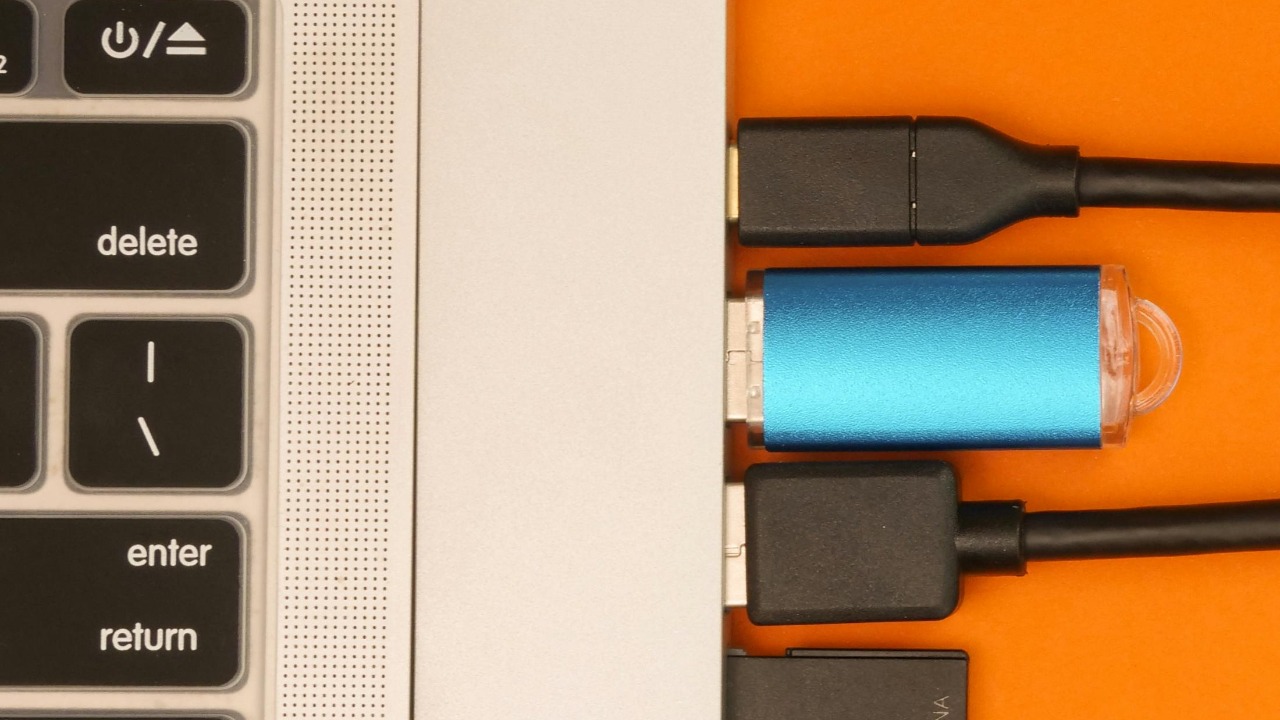
The transition to 8K gaming also demands updates in connectivity standards. Recent updates to HDMI and DisplayPort interfaces, such as the HDMI 2.2 standard, are crucial for supporting high resolutions like 8K. These updates necessitate new cables and ports, which means gamers must upgrade their existing setups to ensure compatibility and optimal performance.
Software and game optimization play a pivotal role in realizing the full potential of 8K resolution. Game developers must optimize titles for 8K, a task that involves significant effort and resources. Currently, few games are optimized for 8K, and this lack of software support can impact the performance and visual experience of 8K gaming.
Potential Benefits and Challenges
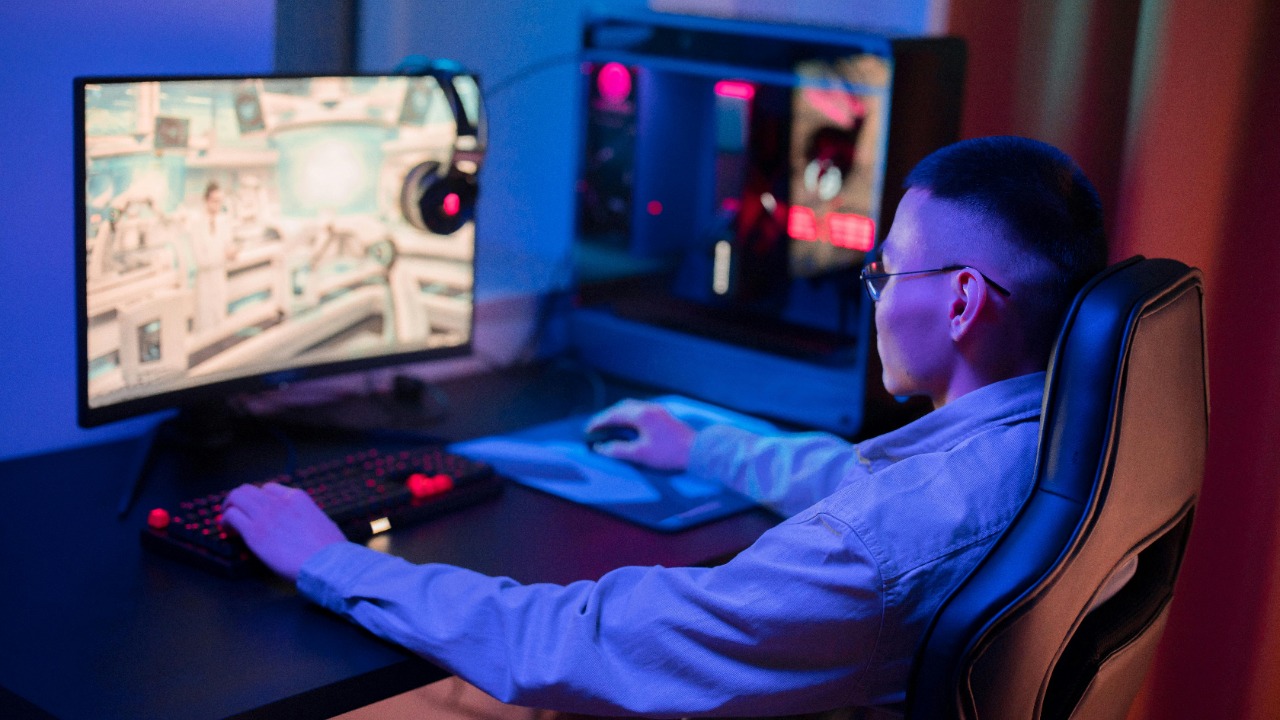
The enhanced visual experience offered by 8K resolution is undeniable. Higher pixel density results in sharper images, more immersive game worlds, and a realism that enhances the overall gaming experience. Gamers can look forward to a level of detail that brings virtual environments closer to reality, enriching gameplay.
However, the transition to 8K is not without challenges. The cost of upgrading to 8K monitors can be prohibitive, with high price tags attached to both the displays and the necessary hardware upgrades. Additionally, increased energy consumption is a consideration, as the power demands of 8K technology can lead to higher electricity bills, adding to the overall cost of ownership.
Future Outlook and Recommendations
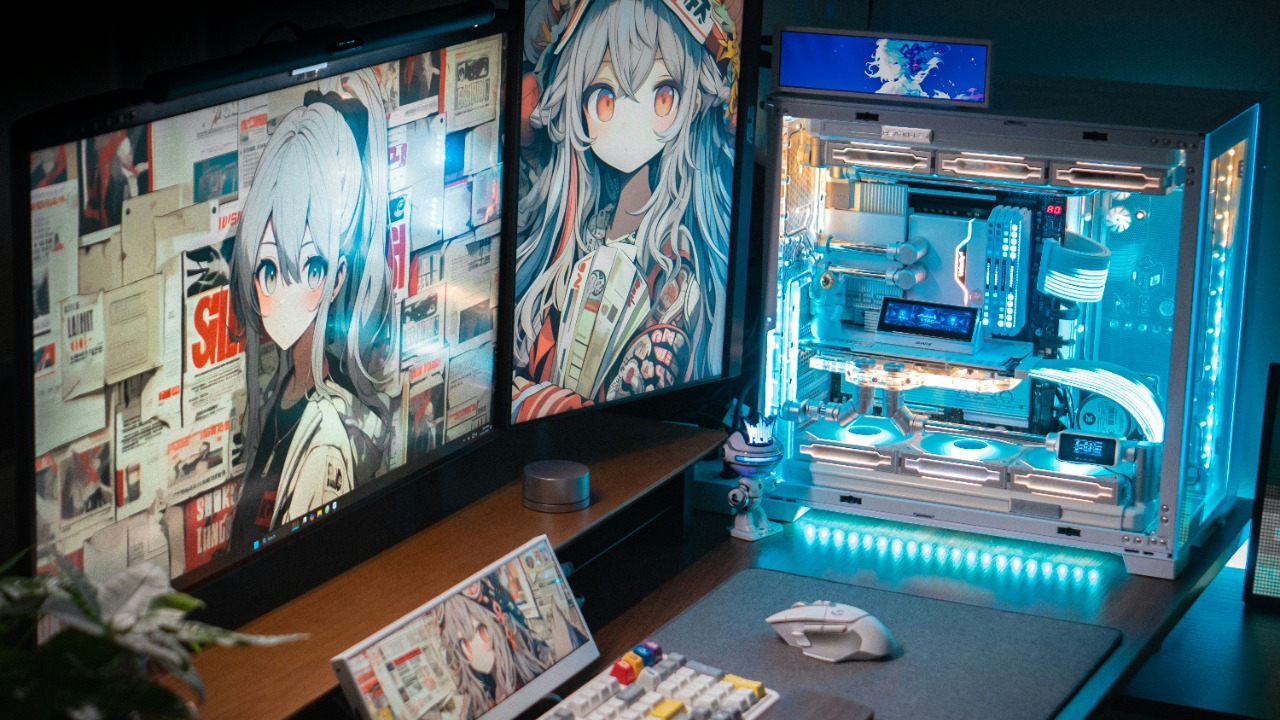
Looking ahead, anticipated developments in hardware are expected to bridge the gap between current capabilities and the demands of 8K gaming. Advances in GPUs and CPUs will likely improve 8K gaming performance over time, making it more accessible to a broader audience. As technology evolves, the performance of 8K gaming systems is expected to enhance significantly.
For gamers considering an upgrade to 8K, patience might be the best approach. Waiting for future hardware improvements and game optimizations can ensure a smoother transition and better performance. It’s advisable to monitor developments in GPU and CPU technologies and assess the cost-benefit ratio before making a substantial investment in 8K gaming.